We take you through 50 years of Volkswagen Golf evolution.
The Volkswagen Golf has been a cornerstone of the automotive industry for nearly five decades. Since its introduction in 1974, the Golf has evolved through eight generations, each building upon the success of its predecessor while adapting to the changing needs and technologies of its time. This article traces the history of the Volkswagen Golf from its inception to the latest Mk8 model, highlighting the key innovations and milestones along the way.

Golf Mk1 (1974-1983): The Beginning of an Era
The first Golf rolled off the production line in Wolfsburg in March 1974, marking the beginning of a new era for Volkswagen. As the successor to the iconic Beetle, the Golf Mk1 had enormous shoes to fill.
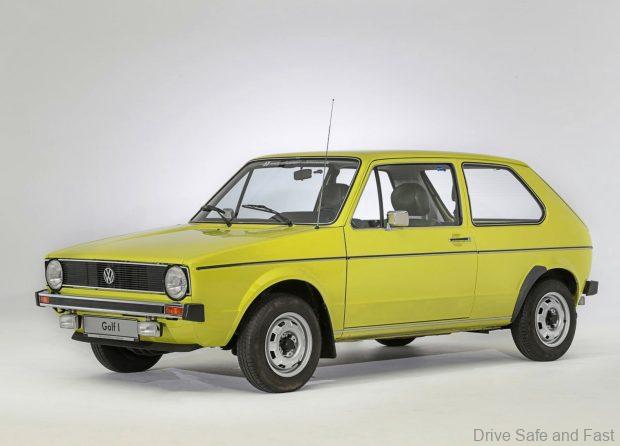
Designed by Giorgio Giugiaro, the Golf introduced a new concept to Volkswagen: a front-engine, front-wheel-drive layout that would become the standard for future models.
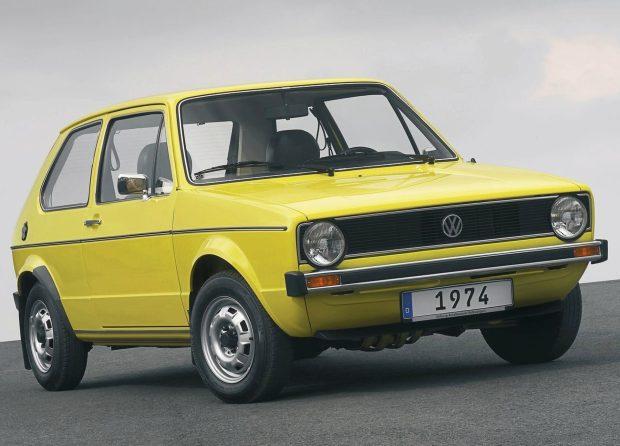
The Golf Mk1 quickly gained popularity due to its modern and reliable drive system, spacious interior with a practical hatchback design, and clear, functional styling. It offered a perfect blend of practicality, affordability, and driving pleasure that resonated with a wide range of consumers.
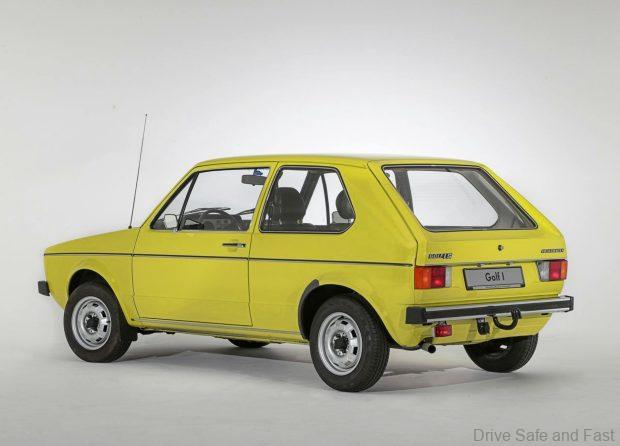
Did you know that this Mk1 Golf weighed in at just 844kg and could reach a 180km/h top speed? Remember, this was the 1970’s!
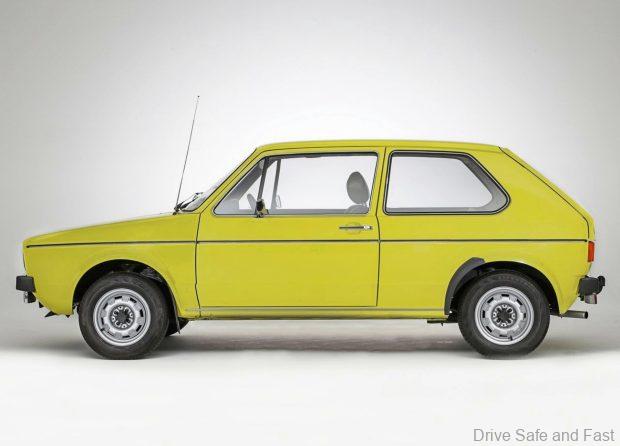
The initial production plan was for just 5,000 units however its global interest led to 6.9 million of various versions being produced and we have one (a GTI variant) in our garage.
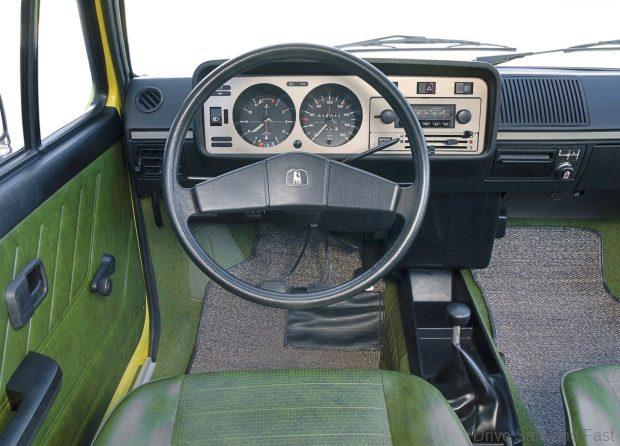
Golf Mk2 (1983-1991): Growth and Refinement
The second generation Golf, introduced in 1983, built upon the success of its predecessor while offering more space, comfort, and technological advancements.
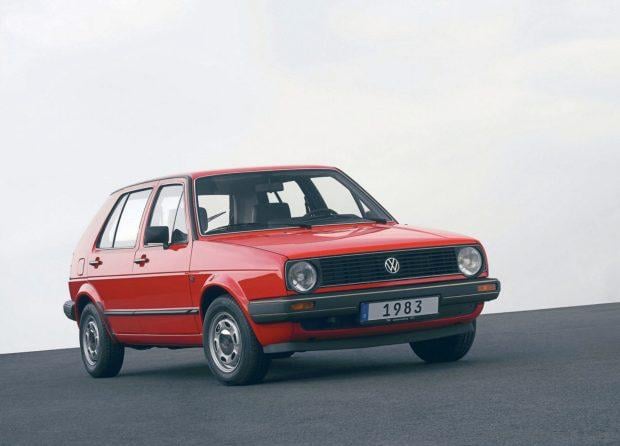
The Mk2 was slightly larger in all dimensions, providing improved interior space and comfort for passengers.
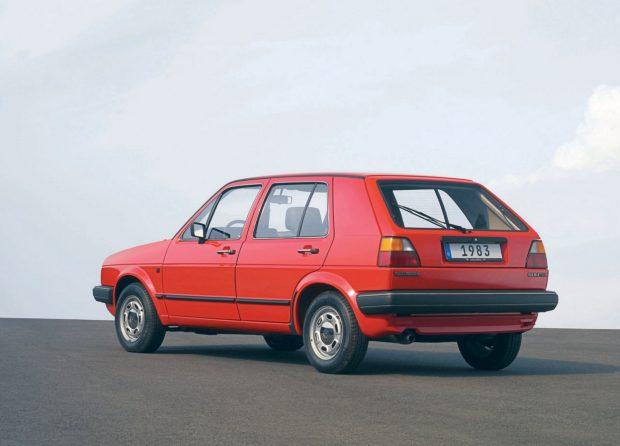
Do you know that a pristine condition Golf Mk2 today is worth more than a fast, plush and exciting Golf Mk5? By the end of its production run in 1991, 6.3 million Mk2 Golfs had been sold.

Golf Mk3 (1991-1997): The Safety Revolution
The third generation Golf, launched in August 1991, marked a significant leap forward in terms of safety, comfort, space and yet it weighed in at just 1,032kg.
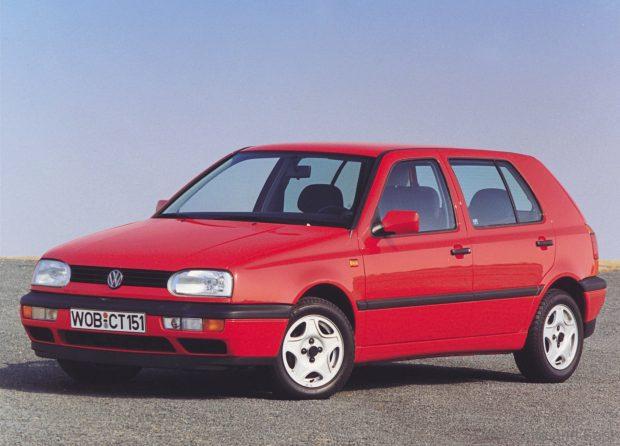
Volkswagen introduced several ground-breaking safety features like airbags and ABS that would set new standards for the compact car segment.
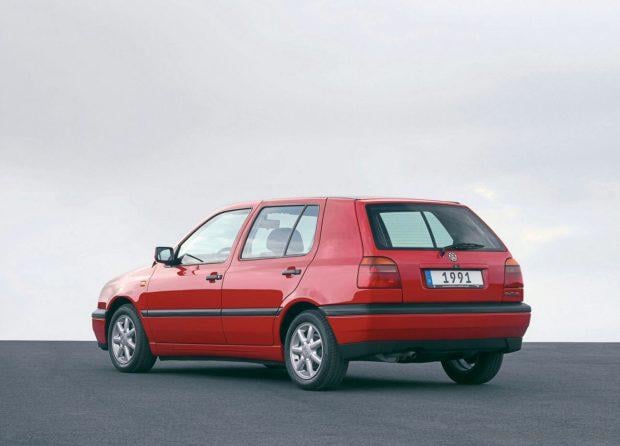
The Mk3 also saw the introduction of new variants, like the first VR6 engine and the first Golf station-wagon in 1993.
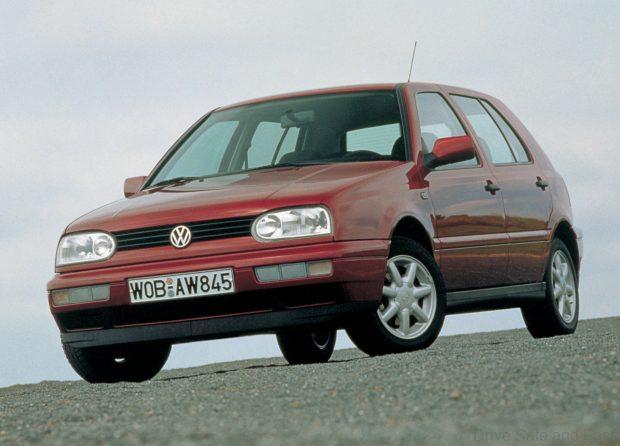
By the end of its production run in 1997, 4.83 million Mk3 Golfs had been sold globally.
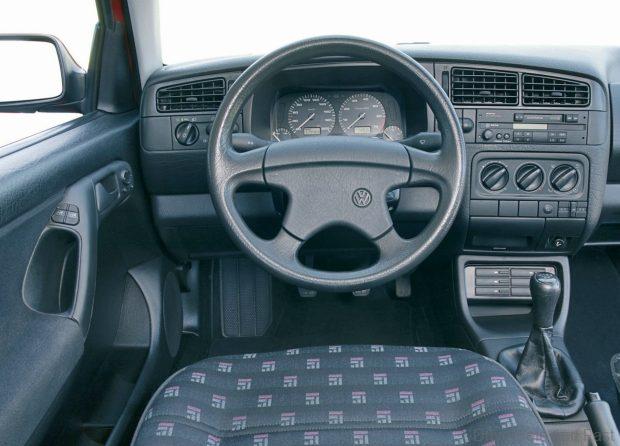
Golf Mk4 (1997-2003): Raising the Bar
The fourth generation Golf, introduced in 1997, set new standards in quality and refinement for the compact car segment.
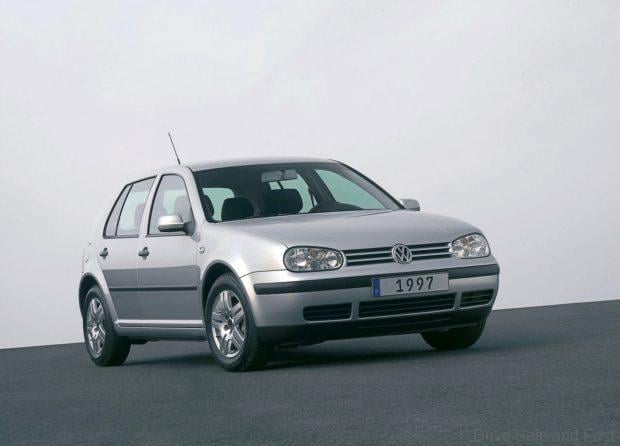
Under the direction of Hartmut Warkuß, the Mk4’s design established a new Volkswagen design DNA that would influence future models.
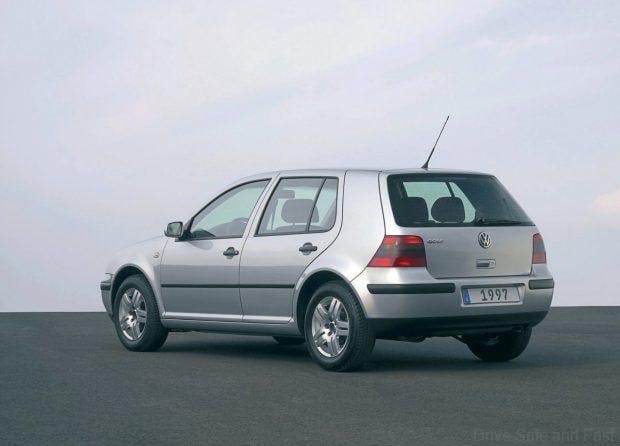
The Mk4 Golf debuted a 4MOTION all-wheel-drive system with a Haldex clutch in 1998 and a six-speed manual transmission in 1999.

This was also the birth of the ‘R’ Golf and the Golf R32 was born in 2002, the most powerful Golf at the time. Plus, the revolutionary dual-clutch gearbox (DSG) was introduced in the 2003 Golf.
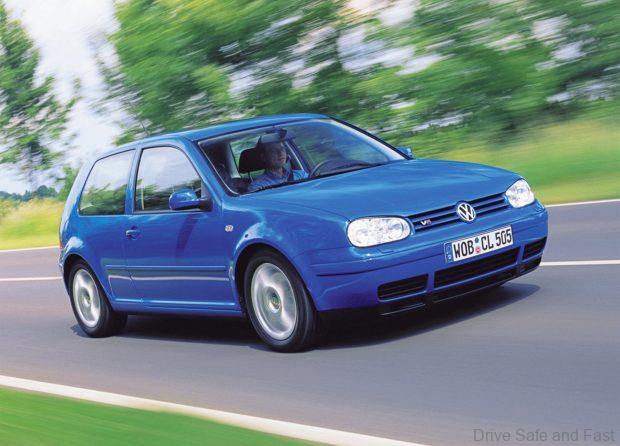
By the end of its production run, 4.99 million Mk4 Golfs had been produced.
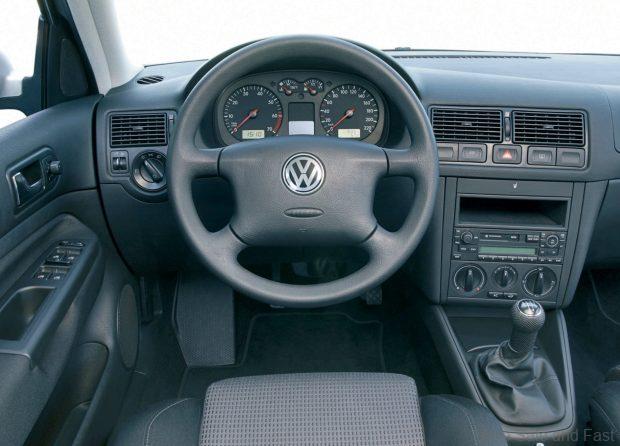
Golf Mk5 (2003-2008): The Game-Changer
The fifth generation Golf, launched in 2003, featured a more rigid body structure, contributing to improved handling and safety.
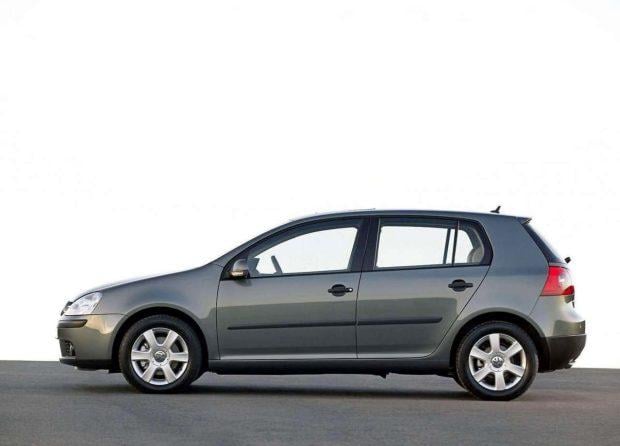
Key features of the Mk5 Golf was the seven-speed DSG transmission working with a turbocharged direct injection petrol engine.
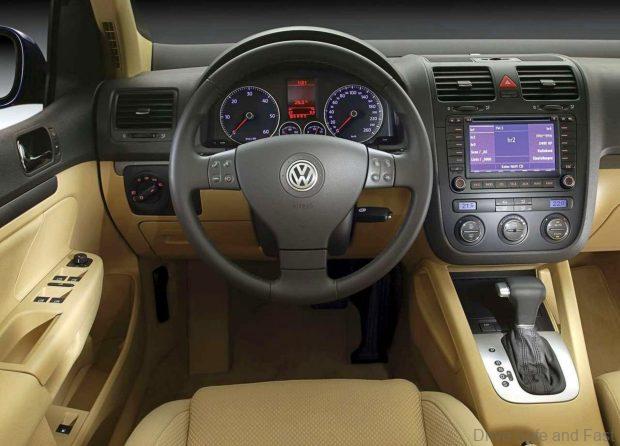
It was a segment game-changer and the rivals took years to even come close in terms of all our driveability and performance.
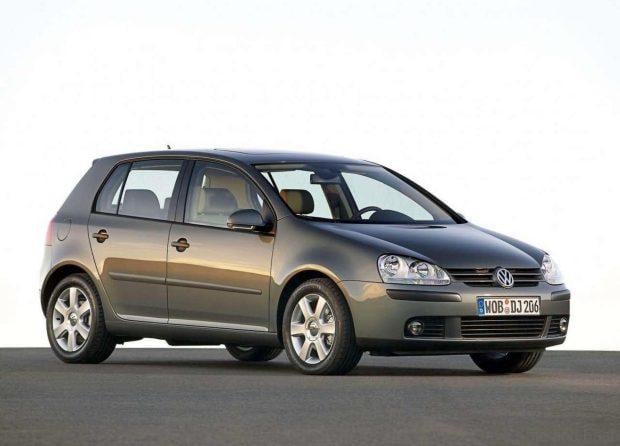
By the end of its production run in 2008, over 3.4 million Mk5 Golfs had been sold.
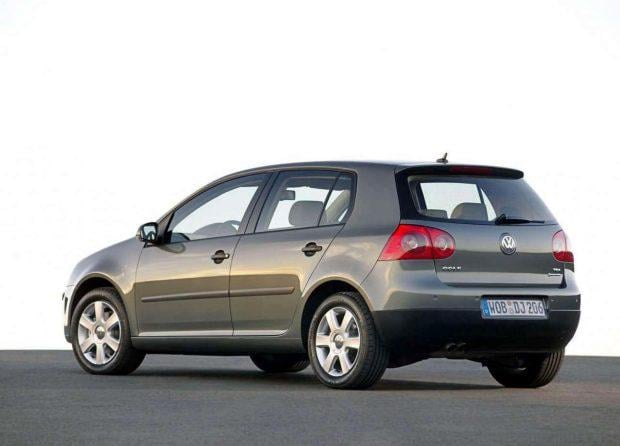
Golf Mk6 (2008-2012): Refinement and Continued Excitement
The sixth generation Golf, while having a relatively short production run, brought further refinements to the successful formula. The Mk6 focused on improving quality, reducing noise levels, and enhancing efficiency. The Mk6 Golf improved on the Mk5 with adaptive chassis control and park assist.
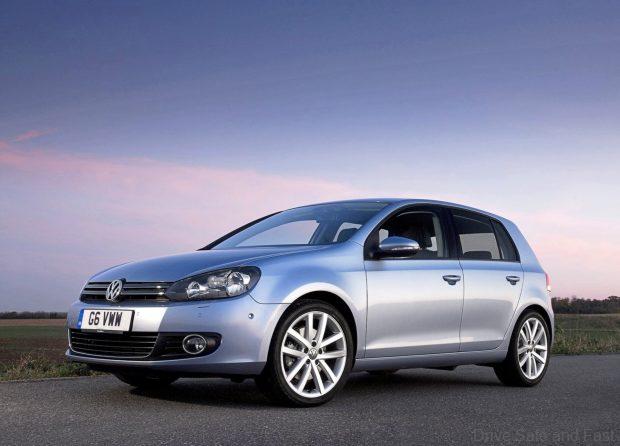
It was with the Mk6 that the ‘R32’ moniker was dropped and it was simply known as the Golf R.
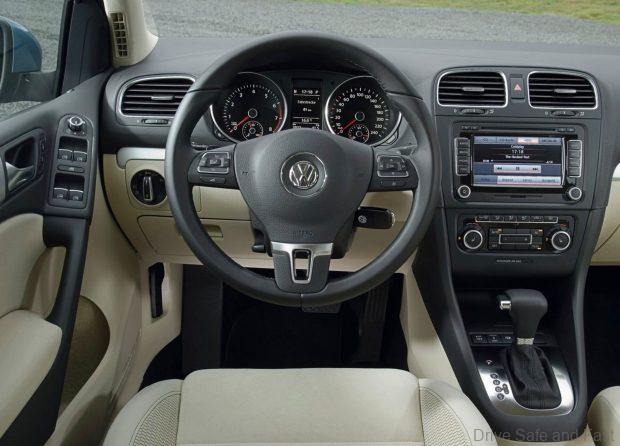
Using a reworked version of the 2.0-litre TSI four-cylinder engine employed in the Golf GTI.
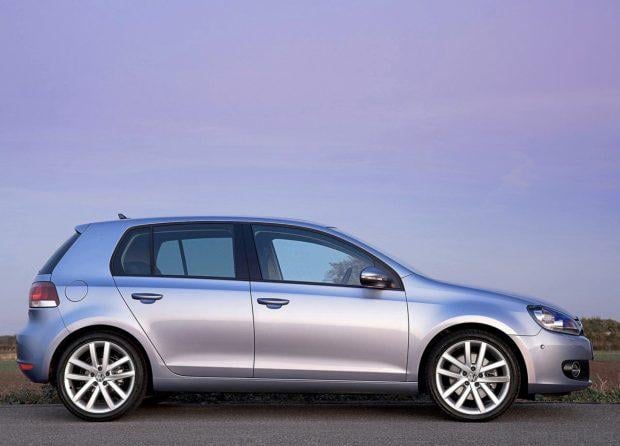
Despite its short production run, 3.6 million Mk6 Golfs were produced by July 2012.
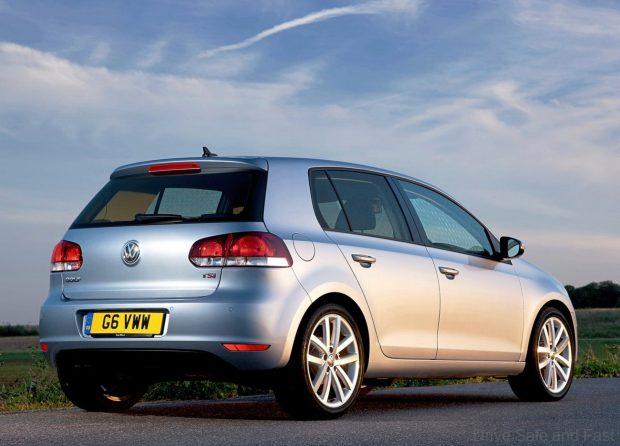
Golf Mk7 (2012-2020): Technology and Efficiency
The seventh generation Volkswagen Golf, introduced in 2012, focused on reducing weight while increasing size and improving efficiency.
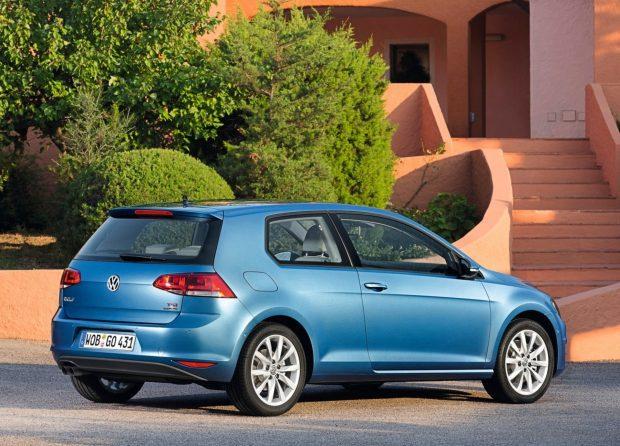
The Mk7 was built on Volkswagen’s new MQB platform, which reduced its weight by 100kg compared to its predecessor.
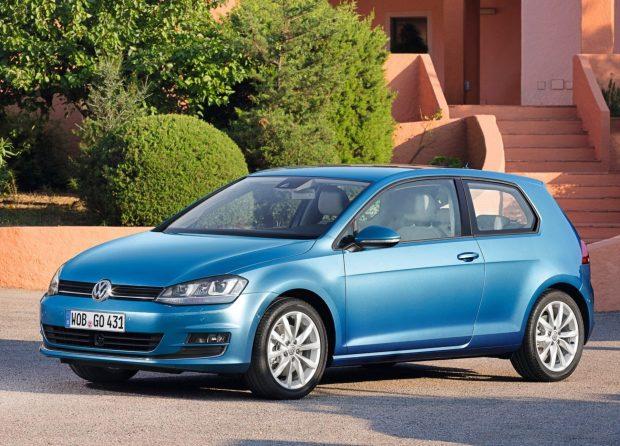
With 220PS and 350Nm of torque under the hood, this GTi was both luxurious and very quick making it the ultimate premium hot hatch and ICE rivals still cannot match its all round ability.

This is why it is still a favourite with mature drivers and also thrill seeking hot hatch drivers.
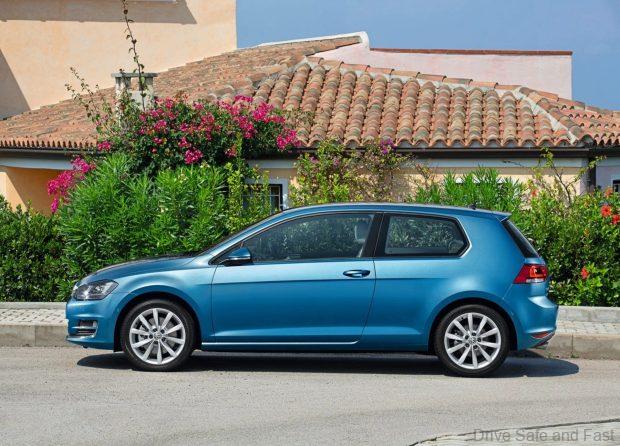
The Golf Mk7 was well-received, with approximately 6.3 million units sold during its production run.
## Golf Mk8 (2020-Present): The Digital Era
The eighth and current generation of the Volkswagen Golf, introduced in 2020 is ready for the digital age with a significant leap forward in terms of digitalisation and electrification. The Mk8 builds upon the successful formula of its predecessors while embracing the latest automotive technologies.
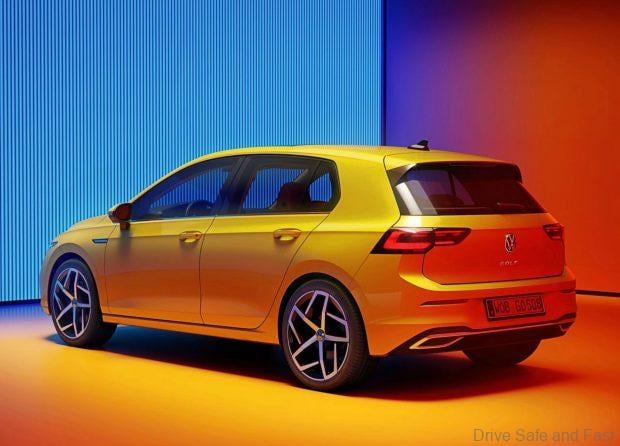
Key features and innovations of the Golf Mk8 include:
1. Advanced Infotainment System:
– Completely new hardware and software based on the fourth-generation modular infotainment system (MIB4)
– Two display options: a 10.4-inch touchscreen (basic version) and a larger 12.9-inch touchscreen (top-of-the-line Discover version)
– New, intuitive menu structure with customisable direct access functions
– Improved touch sliders for temperature and volume control, now illuminated for better ergonomics
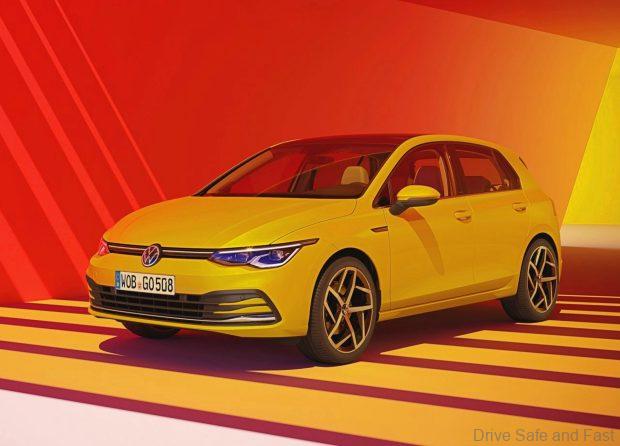
2. Digital Cockpit:
– Standard Digital Cockpit Pro with a 10.2-inch display
– Customisable information profiles: Classic (with round instruments) and Progressive (with display tiles)
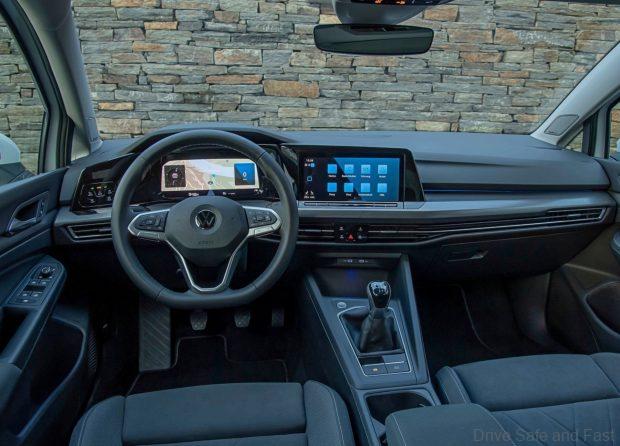
3. Enhanced Safety and Assist Systems:
– New Park Assist Pro, allowing remote parking control via smartphone
– Area View system providing a 360-degree view around the vehicle
– Latest version of IQ.LIGHT LED matrix headlights with improved range
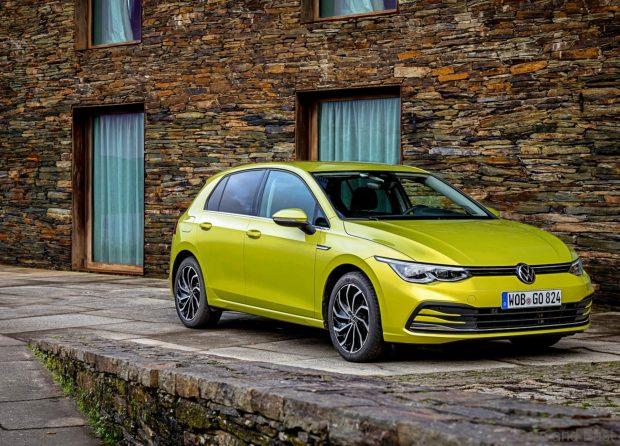
4. Interior Enhancements:
– New sports seats with improved ergonomics
– 30-colour ambient lighting
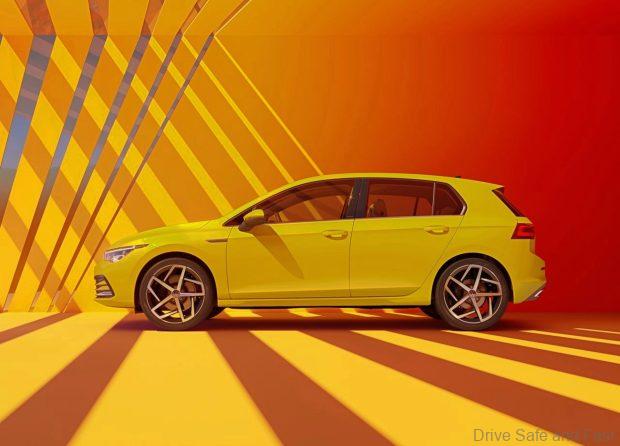
The Volkswagen Golf Mk8 continues the model’s tradition of combining practicality with advanced technology, now with a stronger focus on digitalisation.
As Volkswagen continues to celebrate the 50th anniversary of the Golf in 2024, the Mk8 represents the culmination of five decades of continuous improvement and adaptation to changing automotive trends and customer needs.

